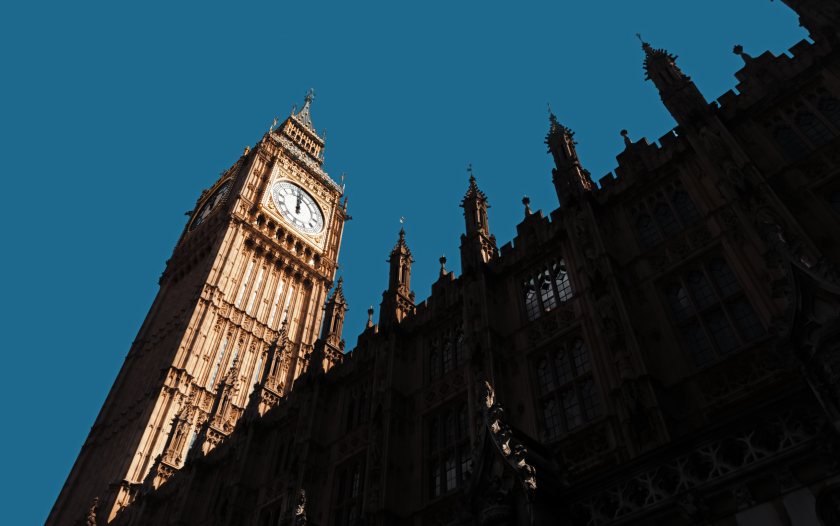
The Conservative Party's motion to scrap the so-called 'family farm tax' introduced in the recent budget was rejected by MPs following a debate in parliament.
Tory leader Kemi Badenoch had forced a non-binding vote on Labour's controversial move, which will introduce a 20% farm inheritance tax in 2026 for assets over £1m.
Prior to the vote, Ms Badenoch said that it would urge rural Labour MPs - which number over 100 - to 'explain themselves' over the tax.
However, after a four hour debate in the House of Commons on Wednesday (4 December), the motion was rejected, with 339 MPs voting against and 181 in favour.
The debate heard from a variety of speakers, including the Shadow Defra Secretary Victoria Atkins, who said that the government had 'driven farmers to despair'.
"The hike in national insurance, the acceleration of delinked payments, the fertiliser tax, the double cab tax... are all conspiring against the survival of British farms," she told MPs.
"Yet the government have added a death tax to that: the family farm tax, which is seeing families... worry about whether they will be able to hand on their farms to their children, as generations before them have done.”
On the government side, the debate was characterised by a succession of MPs rising to read lines in defence of the chancellor’s policy.
There were two notable exceptions. Markus Campbell-Savours, MP for Penrith and Solway, said: “Let me be clear: if today was the real vote, I would vote against the government’s plans.
"During the election, I read what I thought were assurances from my party that we had no plans to introduce changes to APR.
"On that basis, I reassured farmers in my constituency that we would not, and now I simply am not prepared to break my word.”
In a similar vein, Sam Rushworth, MP Bishop Auckland, attacked the wording of the motion, but said that before reading it he was "genuinely unsure how I would vote,” and offered a reasoned suggestion of a way forward:
“We know that 7% of wealthy claimants account for 40% of the cost of APR, but that means that 93% are costing only £382 million," Mr Rushworth said.
"It would be interesting to know how much money it would cost to slightly lift the thresholds or to address the concerns about life insurance.”
For the Liberal Democrats, both the party’s rural affairs spokesman, Tim Farron, and the new chair of the Environment, Food and Rural Affairs Committee, Alistair Carmichael, spoke out against the tax.
Mr Farron concentrated his fire on the Conservatives, accusing the party of failing to make adequate financial support available to farmers while in government.
Mr Carmichael advocated a claw-back mechanism by which liability for inheritance tax would only arise if land was sold.
Sticking to the government's line, Farming Minister Daniel Zeichner claimed that "there is plenty of time for people to plan for change and to get professional advice about succession planning".
The Countryside Alliance, which had urged the public to contact their MPs using its online lobby tool, said the outcome of the vote was 'disappointing'.
"Rural Labour MPs should be thinking more about their constituents and the impact the family farm tax will have on them, rather than jostling to please party whips," said Mo Metcalf-Fisher, director of external affairs.
"The problem is not that the government is trying to tackle tax avoidance, but that the current proposal does not protect family farms, as was promised.
"Rachel Reeves must find a way of delivering this change working with the farming sector, if she is to avoid a never ending toxic political battle with the countryside".
The defeat comes amid intense debate over the new policy which has led to numerous farmer protests across the UK, including in Westminster itself.
Industry campaigners are currently in the process of organising new protests across the UK, including in London again, with a date set for Wednesday 11 December.
